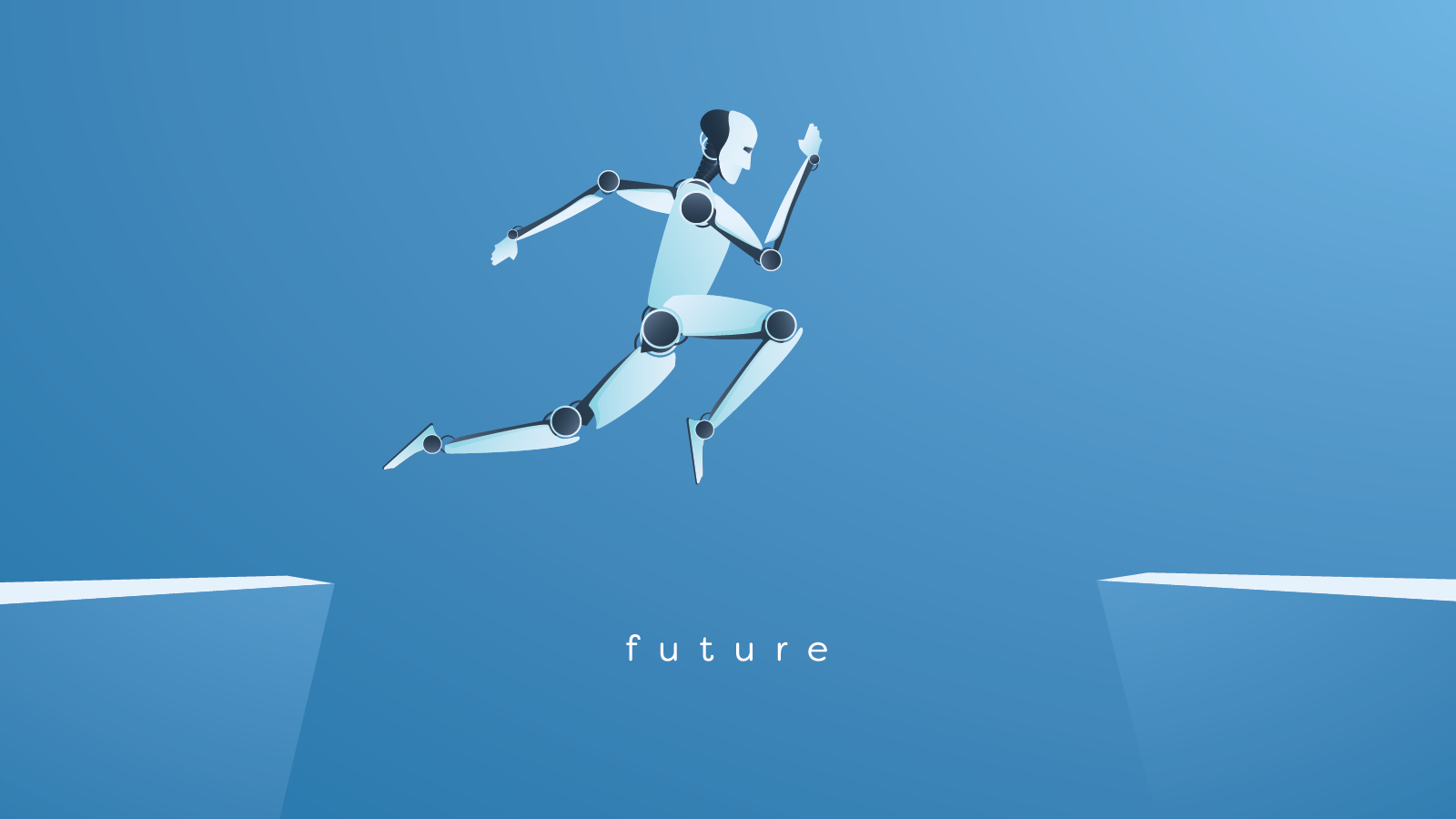
What Emotion AI Has in Store for 2020
Emotion AI has advanced rapidly in recent years and is poised for a breakout year in 2020 as applications become more widespread and the technology becomes more powerful. Let’s take a closer look at the events, developments, and potential changes to the landscape we can expect in 2020.
The Next Phase for Artificial Intelligence
AI has integrated into almost every element of business and society. Billions of people now carry advanced AI chips in their pockets and more than 80% of business and tech leaders say they are seeing productivity and job creation boosts in their companies. So what comes next?
More Accurate Emotion Detection
As machine learning algorithms continue to improve, systems will develop increasingly sophisticated abilities to evaluate and measure human emotion. This manifests in a number of ways. Existing voice systems will become more advanced and better able to pick up on smaller nuances in the human voice, while applications for this technology will continue to expand in areas of customer service, healthcare, education, and general business. We are on the cusp of AI responding to these emotions in kind, enabling developers to build systems that show an early form of empathy and respond based on emotions more accurately.
Gartner analysts predicted at the recent IT Symposium/XPO that 10% of personal devices will have emotion AI capabilities by 2022, which opens up a suite of possibilities for app developers, advertisers, and businesses. More personalized experiences, greater health and safety applications, and improved customer service are just the start of what this will mean for the average consumer.
Improved Response to Biases
One of the biggest obstacles to key technologies based on AI is the inherent bias in the development of these systems. In particular, technology companies have struggled with facial recognition and advanced applications that are designed to evaluate people based on physical or vocal characteristics. Going beyond addressing developer biases, AI will start to be used to overcome inherent human biases, improving the process for application reviews and selection of people based on key characteristics.
Improved Automation
AI is already being used in thousands of applications to automate recurring tasks. That will continue and reach a new level as voice assistants become more intelligent, and everyday devices are taught how to perform basic functions with simple vocal commands or passive data collection. This is already being seen in the healthcare industry where doctors are using AI systems to help expedite paperwork and notetaking, in education where teachers are receiving help with objective grading, and many other applications in high skill jobs with a lot of busywork.
IBM outlined its predictions for AI in 2020 recently and noted that AI systems will collect an exponentially larger amount of data and therefore be more capable and better able to automate and improve basic processes. Integration of neuro-symbolic technology that helps combine logic and learning algorithms to better understand human language and the underlying meaning will allow machines to better respond to voice commands in real-time.
Reducing Barriers to Access
Gartner predicts that by 2023, AI and other technologies will lead to the tripling of disability employment. Because these tools make it possible to connect at a higher level with minimal user input, it will become easier to hire people who previously struggled with certain job tasks and help to improve productivity and retention rates of those people. This will start in 2020 as the technologies designed to do this reach widespread implementation.
Breakthroughs in Other Sciences
One of the most incredible components of AI development is its ability to accelerate all sciences. After all, human discovery is limited only by human limitations. By leveraging the speed with which AI can evaluate large data sets, scientists are improving the development of synthetic fibers, harnessing customized drug plans to provide better treatments to patients with chronic diseases, and much more.
Top AI Conferences for 2020: What Not To Miss
We’ve recently collected a list of the top conferences and events taking place in 2020 discussing topics related to emotion AI, machine learning, and other advanced applications of artificial intelligence. They include Project Voice and the Deep Learning Summit in January, Big Data & AI World London in March, Tokyo’s AI Expo in April, and many more. Read the full list here to see if an event is happening near you. These are often the best places to see the newest cutting edge applications of AI technology and hear from the world’s leading experts on the future of our industry.
***Did you know that we have a bi-weekly newsletter with the latest news and trends in Voice and Emotion AI? Sign Up here


